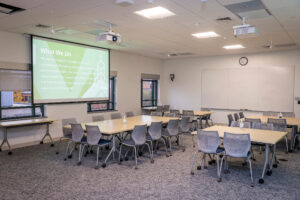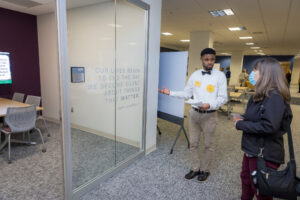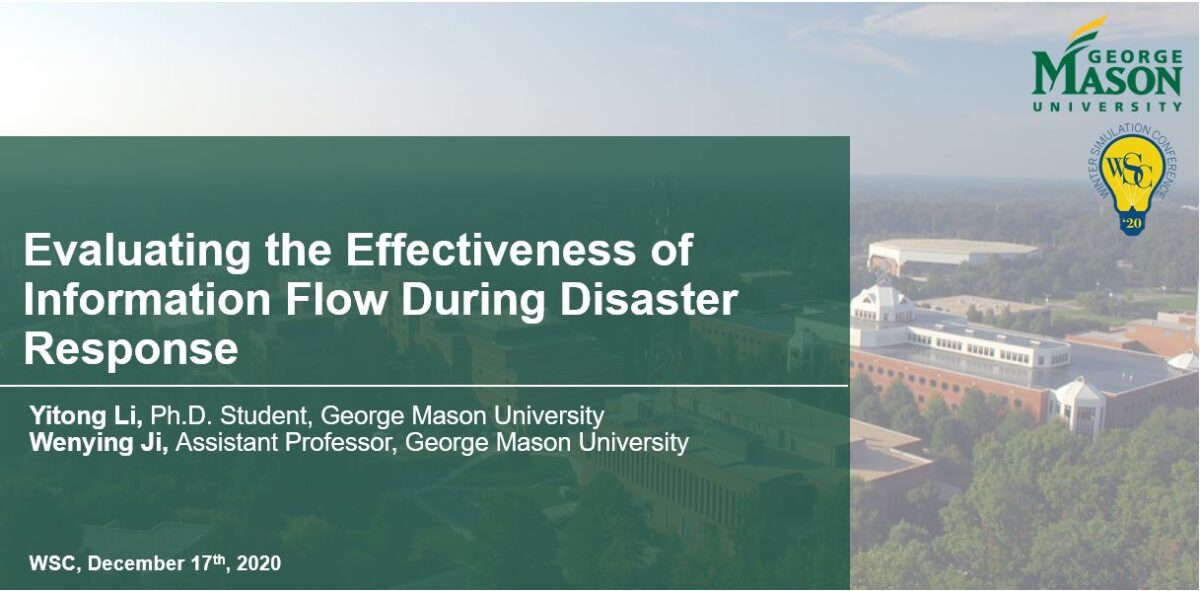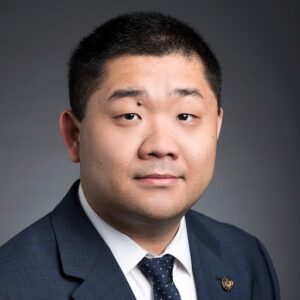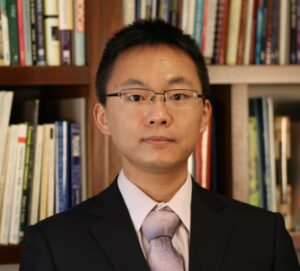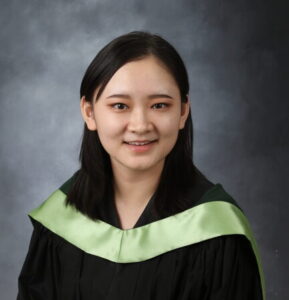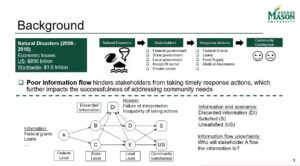Communication competency is recognized as one of the most important skills for a successful college and professional career. To support this outcome, writing courses have long been a requirement in higher education to bolster communication proficiency. More recently, additional efforts have been developed to provide students with a larger framework, including the creation of Communication Centers on college campuses — rising from a grassroots movement in the 1980s to a more defined role in the early 2000s.
Today, colleges recognize the need for further multiple, scaffolded opportunities to practice language and presentation skills throughout a student’s academic lifespan. This includes learning oral and written skills found within their chosen career track. Such an approach, known as communication across the curriculum (CxC), enhances opportunities for students to both strengthen their communication abilities and to employ in-depth content area specifics. Regrettably, however, many subject matter faculty feel ill-equipped and unsupported in their efforts to integrate communication into course curricula, expressing a need for more teaching assistance to provide student feedback on a range of communication skills — presentations, team projects, interpersonal skills — within the course framework.

Mason’s Melissa Broeckelman-Post, Professor and the Basic Course Director in the Department of Communication saw a need to intervene. This thinking was shared by Broeckelman-Post’s colleagues at two other 4-VA partner schools — Virginia Tech’s Director of Undergraduate Programs and Senior Instructor in the School of Communication Brandi Quesenberry, and JMU’s Associate Professor in the School of Communication Studies and Basic Course Director Timothy Ball. They had connected at previous conferences and were sharing ideas on CxC but saw a 4-VA grant as an opportunity to concretely collaborate on scholarship that would be helpful for all institutions.
Together, they wanted to look more closely at what would be needed to develop a CxC program at each of their schools. It was the 4-VA Collaborative Research Grant that allowed them to begin this important work.
“We knew that faculty members would greatly benefit with tools and techniques to provide their students feedback on the range of communication skills within their disciplines, including oral, written, team building, intercultural, and leadership,” explains Broeckelman-Post. “The first step in our plan was to reach out to Stephanie Norander, Executive Director of one of the nation’s leading CxC programs at University of North Carolina at Charlotte, to ensure that we utilize the best practices in building resources that will be effective for faculty on our campuses.”
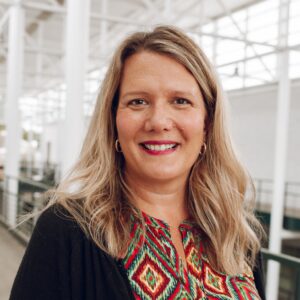
From there, Broeckelman-Post, Quesenberry and Ball, assembled a team of graduate students at Mason, (Adebanke Adebayo, Aayushi Hingle, Lane Schwager, Shannon Taylor Heflin, Briana Stewart, and Sammi Tuckerman Munson) Virginia Tech (Emma Baumgardner) and JMU (Selim Njeim). Their goal was to create a robust set of flexible tools to support faculty and student learning, including online resources, individual and small group faculty curriculum consultations, and in-class workshops to help faculty embed communication skills development within their disciplinary courses that can be shared across the institutions.
Before they began, the CxC team needed a greater understanding of just what faculty in a variety of disciplines perceived as important communication skills and what they believed to be helpful for their courses. Three research question were developed:
- RQ1: How do faculty across disciplines perceive and value communication?
- RQ2: What types of support do faculty across disciplines need to incorporate communication assignments in their classes?
- RQ3: What are the most important communication skills employers across disciplines are seeking?
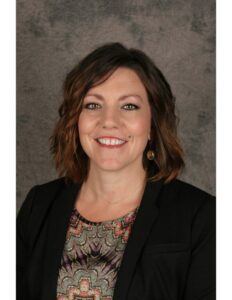
Faculty at all three universities were invited to join in an online study, with 232 accepting the offer. Participants represented a wide range of departments, including the social sciences, engineering and computing, health and human services, business and interdisciplinary or unspecified areas. Through the survey, a greater insight as to what aspects of communication that were important to faculty and for student’s careers was established. Notes Quesenberry, “While the results pointed us to the development of concrete communications packages, we were struck by the fact that 93.2% of all faculty identified communication as “extremely important” or “very important” to their major’s discipline.” The CxC team knew that their work was needed.
A comprehensive overview of the faculty research survey was recently published in Communication Education, with all team members who contributed to the research component of the project receiving authorship credit. Another goal of the project was to create a website with communication resources for faculty across disciplines. This robust site is now populated with a broad variety of tools to assist faculty to aid students with a range of projects including designing oral presentations, presentation performance and delivery, adapting presentations for audiences, and interviews: https://4va.gmu.edu/communication-across-the-curriculum-resources/.
The findings were shared at two different presentations at the National Communication Association annual convention. They now plan presentations at additional local conferences including Mason’s Innovations in Teaching and Learning.
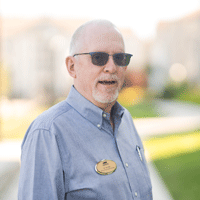
“Thanks to this collaboration, we were able to develop some important tools to build effective CxC programs at all three of our universities,” notes Ball. “That’s a win for Virginia’s faculty and students.”

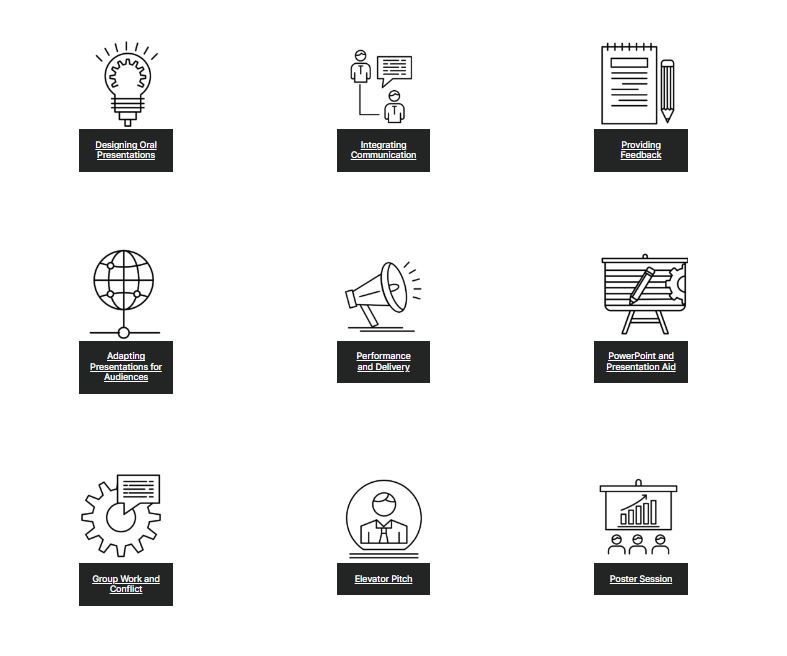
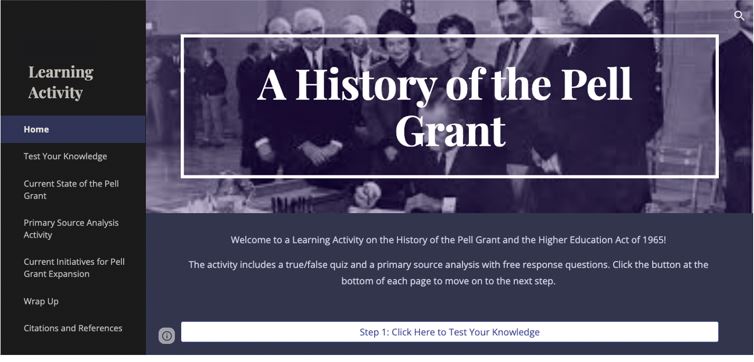
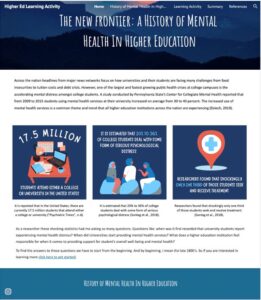 project on teaching and learning the history of higher education. Thirty-five students agreed to share their work for analysis and 24 were interviewed after completing the course. The survey and interview data made clear that students appreciated the value and relevance of studying the history of higher education for both their curricular and professional goals. One student explained, “We were able to take what we learned in the course and apply it to the project in a way that was very effortless, and that really helped me think about history in a different way.”
project on teaching and learning the history of higher education. Thirty-five students agreed to share their work for analysis and 24 were interviewed after completing the course. The survey and interview data made clear that students appreciated the value and relevance of studying the history of higher education for both their curricular and professional goals. One student explained, “We were able to take what we learned in the course and apply it to the project in a way that was very effortless, and that really helped me think about history in a different way.”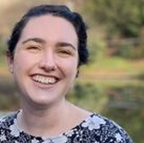
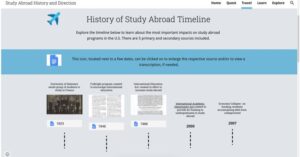 Each school contributed OER materials for the website. In addition to primary and secondary sources, the website now contains a database of institutional archives with digitized content, including yearbooks. Thanks to the two undergraduate research assistants, Azamy and Tcheo, over 700 institutional archives were cataloged on the site, including 48 Hispanic-serving institutions (HSIs), 24 historically black colleges and universities (HBCUs), and 15 women’s colleges. Additionally, the list includes 63 community colleges which is especially important given the lack of attention to these institutions historically.
Each school contributed OER materials for the website. In addition to primary and secondary sources, the website now contains a database of institutional archives with digitized content, including yearbooks. Thanks to the two undergraduate research assistants, Azamy and Tcheo, over 700 institutional archives were cataloged on the site, including 48 Hispanic-serving institutions (HSIs), 24 historically black colleges and universities (HBCUs), and 15 women’s colleges. Additionally, the list includes 63 community colleges which is especially important given the lack of attention to these institutions historically. “This 4-VA project fostered meaningful and lasting collaboration across five Virginia institutions. While each university approached the history of higher education course from its own perspective, we were able to work together on a shared assignment that allowed for a rich learning experience among faculty and students across campuses. The results speak for themselves!” – Kelly Schrum, Professor, Higher Education Program, Affiliated Faculty, History and Art History, Mason
“This 4-VA project fostered meaningful and lasting collaboration across five Virginia institutions. While each university approached the history of higher education course from its own perspective, we were able to work together on a shared assignment that allowed for a rich learning experience among faculty and students across campuses. The results speak for themselves!” – Kelly Schrum, Professor, Higher Education Program, Affiliated Faculty, History and Art History, Mason “I sincerely appreciated having an opportunity to collaborate with colleagues across the state for this 4-VA project. Through our conversations and research, I developed new pedagogical approaches that benefited students and deepened my thinking about the history of higher education.”
“I sincerely appreciated having an opportunity to collaborate with colleagues across the state for this 4-VA project. Through our conversations and research, I developed new pedagogical approaches that benefited students and deepened my thinking about the history of higher education.” “We really enjoyed being part of this effort to expand student research on the history of higher education. Everyone came away from this project with a deeper understanding of how important it is to develop critical thinking skills and to look beyond our own institutions.”
“We really enjoyed being part of this effort to expand student research on the history of higher education. Everyone came away from this project with a deeper understanding of how important it is to develop critical thinking skills and to look beyond our own institutions.” “The website, which holds a treasure trove of student research and engagement from a wide range of institutions, will be invaluable as we move ahead in studying the complex and influential histories of American higher education.”
“The website, which holds a treasure trove of student research and engagement from a wide range of institutions, will be invaluable as we move ahead in studying the complex and influential histories of American higher education.” “When this asynchronous learning project was first introduced to the students, they were thrilled at the thought of not having to write a 20-page paper, however in the end, they did more work doing research on their chosen subject. They enjoyed this project because it allowed them a space for research and reflection, and it taught them how to create an interactive learning environment in an asynchronous environment. Being able to evaluate and participate in the projects created by other students in other universities across Virginia also taught them about their peers’ projects, too.”
“When this asynchronous learning project was first introduced to the students, they were thrilled at the thought of not having to write a 20-page paper, however in the end, they did more work doing research on their chosen subject. They enjoyed this project because it allowed them a space for research and reflection, and it taught them how to create an interactive learning environment in an asynchronous environment. Being able to evaluate and participate in the projects created by other students in other universities across Virginia also taught them about their peers’ projects, too.”
 Researched and written over a 12-year period by Rosenthal, Where the Lilacs Bloom Once Again is based on her family’s genealogical papers as well as exhaustive document examination from around the world. It follows the story of Rosenthal’s grandmother’s cousin Friddie Stoleru, who was falsely charged with treason and spent the 1930s in prison and forced labor camps. The book recounts the lives of her family members during a time in Europe when discrimination and the persecution of Jewish people was at its peak.
Researched and written over a 12-year period by Rosenthal, Where the Lilacs Bloom Once Again is based on her family’s genealogical papers as well as exhaustive document examination from around the world. It follows the story of Rosenthal’s grandmother’s cousin Friddie Stoleru, who was falsely charged with treason and spent the 1930s in prison and forced labor camps. The book recounts the lives of her family members during a time in Europe when discrimination and the persecution of Jewish people was at its peak.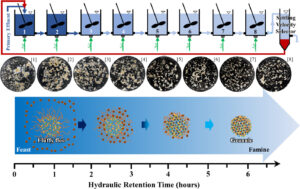 Essentially, the team identified the changes associated with aerobic granulation. This provided the ability to predict the functionality of bacteria in the new reactor system that facilitated the aerobic granulation process. “There is a time where the bacteria received the hard water, that’s the feast conditions, where it receives a lot of nutrients. And we also studied the water when there is not much nutrient available — the famine phase,” says Van Aken. “We were able to predict when we can reduce the retention time, that means the time it needs for the particle to settle down at the bottom of the tank. That’s a big advantage.”
Essentially, the team identified the changes associated with aerobic granulation. This provided the ability to predict the functionality of bacteria in the new reactor system that facilitated the aerobic granulation process. “There is a time where the bacteria received the hard water, that’s the feast conditions, where it receives a lot of nutrients. And we also studied the water when there is not much nutrient available — the famine phase,” says Van Aken. “We were able to predict when we can reduce the retention time, that means the time it needs for the particle to settle down at the bottom of the tank. That’s a big advantage.”


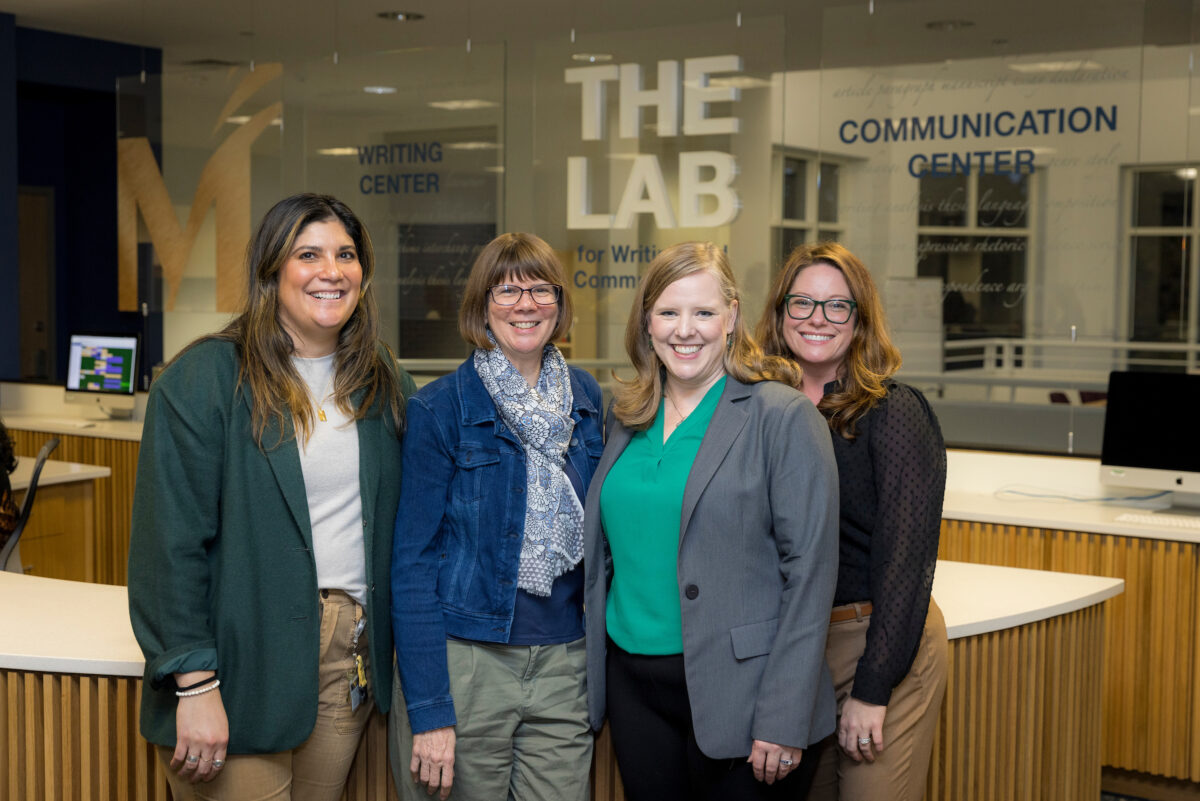
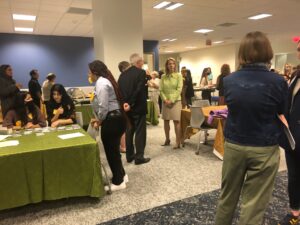 The Lab has been six years in the making — built with the thought of combining what was the previously separate Comm Center and Writing Center. The Communication Center primarily focuses on helping students with speeches and oral presentations and the Writing Center focuses on written projects.
The Lab has been six years in the making — built with the thought of combining what was the previously separate Comm Center and Writing Center. The Communication Center primarily focuses on helping students with speeches and oral presentations and the Writing Center focuses on written projects.